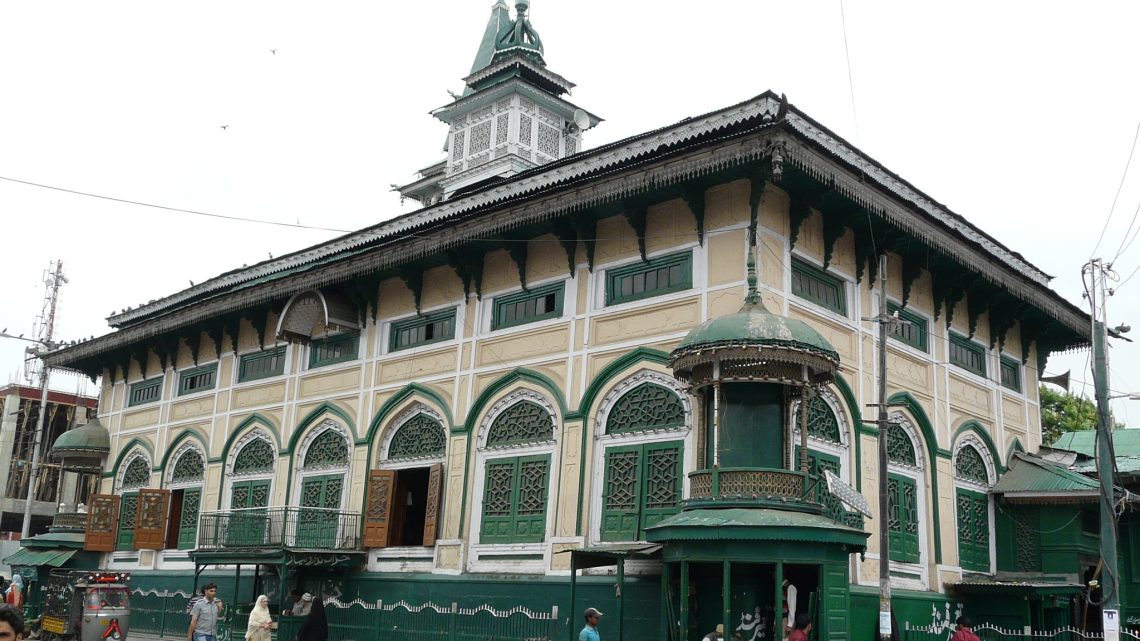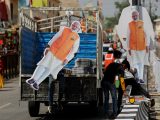
32 Years of Pir Dastgeer Massacre in Kashmir
May 8, 2024In the heart of the ongoing conflict in Indian illegally occupied Jammu and Kashmir lies a painful chapter carved in the memories of its people—the Pir Dastgeer massacre. Today marks the 32nd anniversary of this tragic event, a dark occasion to reflect on the lives lost and the persistent struggle for justice in the region.
It was on the fateful day of May 8th, 1991, when the tranquility of Pir Dastgeer, Khanyar, was shattered by the deafening sounds of gunfire. Thousands had gathered in this locality of downtown Srinagar to lay to rest some martyred Kashmiris. However, what was meant to be a solemn burial turned into a bloodbath as personnel from the Indian paramilitary Central Reserve Police Force (CRPF) and Border Security Force (BSF) opened fire indiscriminately on the unarmed civilians.
The toll of the massacre was devastating—18 innocent lives, including that of an infant and his father, were mercilessly snuffed out. Among the casualties was the soul of innocence, a child whose future was abruptly cut short by the brutality of the occupying forces. The tragedy unfolded near the revered Dastgeer Khanka Sahib, a 200-year-old shrine known for its historical significance and spiritual resonance.
The Pir Dastgeer massacre serves as a grim reminder of the perpetual human rights violations endured by the people of occupied Jammu and Kashmir. For decades, Indian forces have operated with impunity, shielded by draconian laws such as the Armed Forces Special Powers Act (AFSPA) and the Public Safety Act (PSA). These laws, criticized by international human rights organizations, have facilitated a culture of impunity, where atrocities against civilians go unchecked.
The tragedy at Pir Dastgeer underscores the plight of Kashmiris living under a repressive regime, where basic rights and freedoms are routinely trampled upon. India’s patronage of such violations has transformed it into an apartheid state, where equality and justice remain distant ideals for the Kashmiri populace.
Despite the outcry from human rights advocates and civil society, the international community, particularly western powers, has failed to hold India accountable for its actions in Kashmir. The pursuit of vested interests has often overshadowed the principles of justice and human rights, allowing India to evade scrutiny and condemnation.
As the 32nd anniversary of the Pir Dastgeer massacre is being commemorated today, it is imperative to amplify the voices of the victims and demand justice for those whose lives were unjustly cut short. The memory of this tragic event must serve as a catalyst for change—a reminder that the struggle for freedom and dignity in Kashmir is far from over. Until justice is served and the voices of the oppressed are heard, the legacy of Pir Dastgeer will continue to haunt the conscience of humanity.

